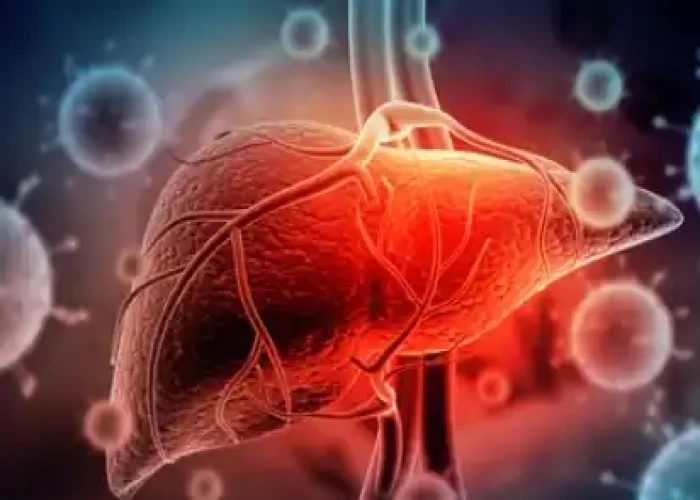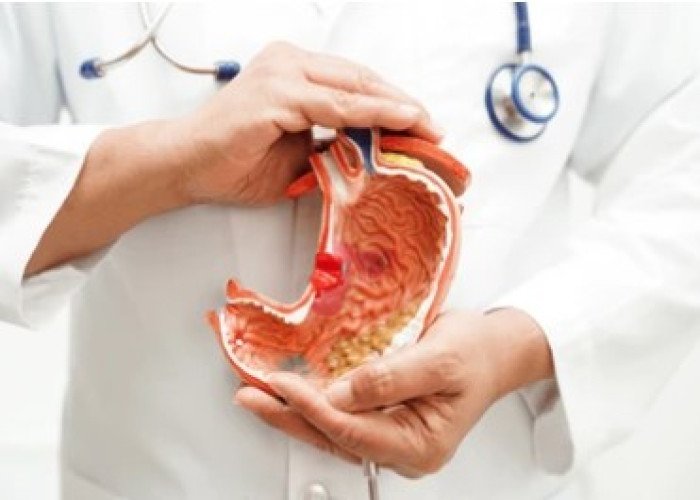 Welcome
Welcome
“May all be happy, may all be healed, may all be at peace and may no one ever suffer."
Knee swelling - Yoga remedies
Knee swelling, also known as knee effusion, is a common medical condition that occurs when excess fluid accumulates in or around the knee joint. It can be caused by a variety of factors, including injury, arthritis, or other underlying medical conditions.
Symptoms of knee swelling can include pain, stiffness, redness, warmth, and difficulty moving the knee joint. In some cases, the knee may also make a popping or cracking sound when moved.
Diagnosis of knee swelling typically involves a physical examination of the knee, along with imaging tests such as X-rays, ultrasound, or MRI scans to determine the underlying cause of the swelling.
Treatment for knee swelling depends on the underlying cause and severity of the condition. In cases of injury or trauma, treatment may involve rest, ice, compression, and elevation (the RICE method), along with over-the-counter pain relievers such as ibuprofen or acetaminophen. In some cases, physical therapy or surgery may also be recommended to help reduce pain and improve knee function.
For knee swelling caused by underlying medical conditions such as arthritis or gout, treatment may involve medications to manage pain and inflammation, along with lifestyle changes such as weight loss and exercise to improve knee function.
In some cases, knee swelling may require immediate medical attention. Seek emergency medical attention if you experience severe pain, fever, or difficulty moving your knee, as these symptoms may indicate a serious underlying condition such as a knee infection or blood clot.
In summary, knee swelling is a common medical condition that can be caused by injury, arthritis, or other underlying medical conditions. Treatment depends on the underlying cause and severity of the condition and may involve rest, medication, physical therapy, or surgery. Seek immediate medical attention if you experience severe pain, fever, or difficulty moving your knee.

Polyuria

Liver and spleen enlargem...

Ulcers

Memory loss

Rheumatism

Dental disease

Edema

Sinus
Knee swelling, হাঁটু ফোলা
To be happy, beautiful, healthy, wealthy, hale and long-lived stay with DM3S.

